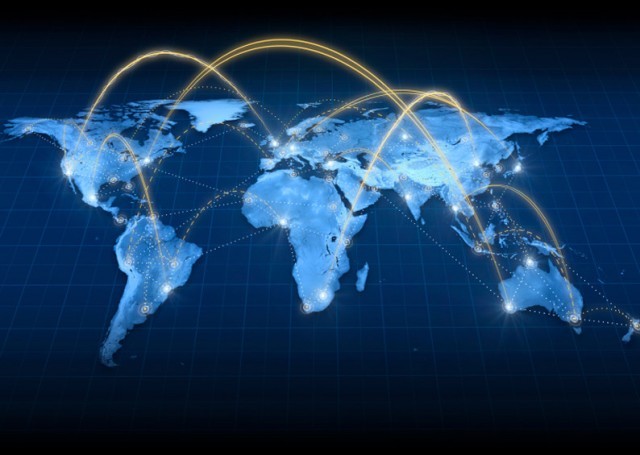Do we influence the survival rate of our companies by the way we behave?
It has been 14 years since I submitted my Masters Thesis Paper which has the title: The Influence of Individuals on Evolving Organizations. The main question we were trying to solve using evolutionary economics was:
What Influence – in respect to the conveyance of routines and knowledge – do individuals have on organizations.
At the time, I was very keen to understand how individuals play a role(if any) in how organizations change over time and how organizations adapt to change. The fundamental piece was about trying to scratch my philosophical itch to ensure that my upcoming professional life would have meaning and to comfort my myself in believing that my future professional outcomes were not random and uncontrolled.
In other words, do we influence the survival rate of our companies by the way we behave?
Also, in light of the use of organizational DNA today we were trail blazers/ trend setters as we were discussing organizational memory and organizational DNA before it became a buzz word.
The last sentence of the thesis paper reads as follows:
“Through the individuals, organizations engage in search efforts to update their methods of doing things and in a highly interactive internal environment these search efforts become most efficient, leading to the development of new knowledge valuable to the organization.”
I have spent most of my day pondering this last written sentence and wondered if I had to update or re- write my Master Thesis what would I want to know.
Idea Plagiarism
I think that the first area that I would focus on is measuring the damage that occurs when co-workers steal ideas from each other and take credit as their own. I think this is a detrimental behaviour that left unchecked fosters bad habits, bad routines and builds the wrong DNA in an organization. It also has long lasting and cascading effects across the entire organization by codifying in the organizational memory distrust.
The reason for this is that the building of organizational memory and DNA requires knowledge and ideas to be shared in an open environment. Everyone knows that they only share their ideas where they feel comfortable and they are rewarded. Therefore, this sharing behaviour only happens through trust and trust is built up over time. It would be interesting to try measure the negative impact idea plagiarism has on organizations and see if it hinders their survival in changing environments.
Managerial Responsibility
I think the second area that would be interesting to measure is how middle management accepts or denies responsibility and what impact this has on an organizations ability to adapt to changes. For example; does the layer of management that controls the flow of information to VP or C- Level wash their hands of responsibility and what negative affects does play in an organizations ability to adapt to environmental changes. I would try to find organizations to use as case studies and try to measure rate of change when comparing their management on a responsibility scale.
The reason this is interesting is; anyone that has felt empowered by a manager knows the amazing feeling of the “skies are limits” and the opposite anyone who has had manager that “fed them to wolves” would know the frustration felt in such situations. Building a model to measure this behaviour and its impact on how organizations adapt and change would be very powerful and interesting.
Technology
Finally, I would re-examine the core of the paper in light of the technological changes that have taken place the last 14 years and see if the hypothetical questions is still applicable. What Influence – in respect to the conveyance of routines and knowledge – do individuals have on organizations.
I would say in the light of social media and the internet of things that is evident that individuals have more influence on how routines and knowledge are shared, built, destroyed and born then we previously understood.
This would make for a great follow up thesis paper.


